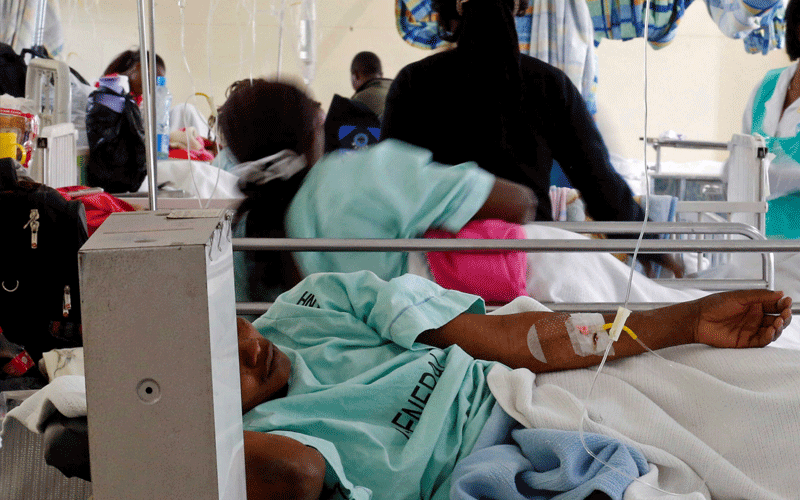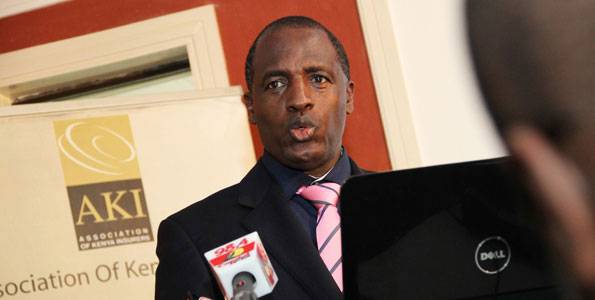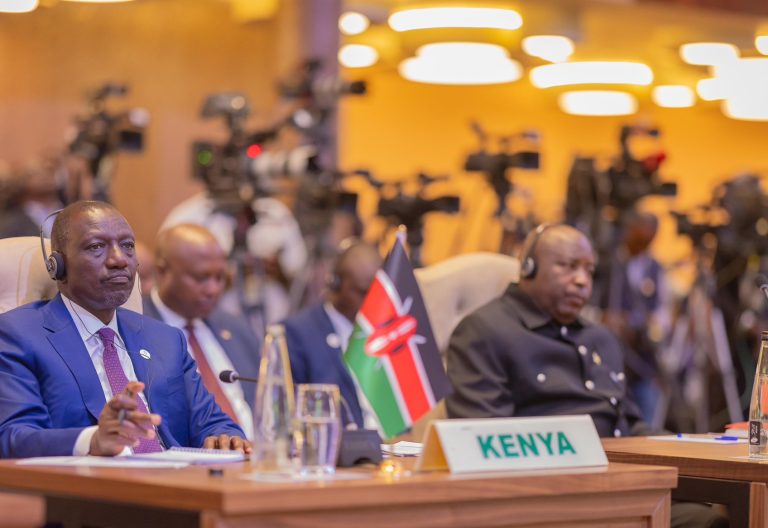Insurers abandon Corona patients as bills pile up

With the number of new cases of confirmed Covid-19 on a sporadic rise, Kenyans should now brace themselves to bear the burden of medical bills after insurance companies stopped footing the expenses.
Consequently, Kenyans will have to foot their own Covid-19 hospital bills until insurance companies complete an ongoing process to identify affordable tier two hospitals across the country whose claims they will be accepting.
The development comes in the wake of reports that several public hospitals slapped huge medical bills on patients who had been admitted there after the government delayed to remit the expenses incurred.
Almost all public hospitals are mulling charging patients directly as a result of the government’s failure to foot the bills already incurred.
A number of patients at Kenyatta University Teaching, Referral and Research Hospital (KUTRRH) have already been asked to settle their bills.
Sources at Afya House intimated that the National Treasury is yet to remit to all national hospitals about Sh2 billion as accrued expenses since the first case of the virus was reported in March.
But Health Cabinet Secretary Mutahi Kagwe refuted reports of public hospitals charging patients, and threatened to take stern action against the management of those found disregarding the government’s directive.
“Those are pure lies from social media. The government is committed to meeting medical expenses of all individuals admitted in public hospitals due to Covid-19.
This is a pandemic that nobody should be held responsible for,” Kagwe said.
The minister urged Kenyans to report to his office any case of a public hospital charging them for the treatment of Covid-19.
He, however, admitted that the delay in remitting the cash to hospitals has been as a result of logistics involved in closing the old financial year and starting a new one.
“As we speak now, the money has been remitted. There should be no cause for panic,” said Kagwe.
In June, the Director General of Medical Services Dr Patrick Amoth while giving a breakdown of the cost implications in the treatment of a Covid-19 patient, indicated the government has been spending Sh24,705 per day on a patient in a severe condition and Sh51,684 on those requiring oxygen.
Patients in critical conditions requiring ventilators cost the government Sh71,000 per day.
In an interview earlier in the week, Dr Amoth was non-committal on whether the government would continue taking care of Covid-19 patients’ bills, only indicating that the “burden has become unbearable”.
“It is something that is being looked into by the National Response Committee on Covid-19, but I can tell you that the bills have become an unbearable burden on the government,” said Dr Amoth.
On the other hand, Kenyan insurers have now decided to only cover expenses incurred in public hospitals and stopped meeting the expenses of individuals admitted in private facilities.
Unbearable burden
This is despite a recent clarification by the Insurance Regulatory Authority (IRA) that insurance companies will have to foot Covid-19 hospital bills for their clients unless the contracts explicitly exclude them.
Currently, most insurance companies, including the National Hospital Insurance Fund (NHIF) are not footing Covid-19-related hospital bills incurred in private facilities to avoid being overwhelmed by the piling costs.
Speaking to People Daily on telephone, the Association of Kenya Insurers (AKI) Chief Executive Officer, Tom Gichuhi, said while it is true insurance companies ought to cover all conditions they have not excluded in their contracts, it is practically impossible to cover Covid-19 cases due to the high costs involved.
“Normally if you do not have an exclusion clause, it is assumed that whatever you have not excluded is included, but for losses arising from pandemics it would be extending your luck a little too far to pretend you can actually cover,” said Gichuhi.
He said insurance companies are unable to estimate how many people will be infected and how much it would cost, making it difficult to cover such occurrences.
According to Gichuhi, treating a Covid-19 patient who needs intensive care costs between Sh600,000 and Sh1.5 million, with some incurring bills as high as Sh9 million.
“Insurance companies are also experiencing difficulties in terms of cash flow because there are few people buying insurance policies,” he said.
Testing in a private hospital and the cost of isolation and quarantine without treatment will also not be covered.
In essence, Kenyans visiting private hospitals for treatment of Covid-19 are now on their own.
The insurance industry is amongst the sectors reeling from Covid-induced shocks. Sources told the People Daily that insurance companies have so far paid in excess of Sh400 million on Covid-19 death claims, including millions paid for general health cover.
Kenya has so far recorded 28,754 cases of Covid-19 and 460 deaths since the first case was reported in March.
Modelling experts believe that as many as 10,000 deaths could be reported by the time the pandemic fizzles out if Kenyans do not strictly adhere to the government prescribed containment protocols.
According to Kanja Koinange, a medical doctor who formerly worked with a leading local insurance company, virtually all health insurers have the clause excluding pandemics in their contracts, meaning most insured Kenyans have little or no recourse in case their insurers choose not to offset their bills.
“It’s a common medical clause, a lot of contracts have it. If you check in the market, a lot of insurance companies were not covering Covid-19 anyway,” said Kanja.
Kanja’s sentiments, however, contradict those of Gichuhi who says most insurers do not include the pandemic exclusion clause in their contracts with patients, meaning they would have to pay if the clients contracted the virus.
Changed tune
Consumer Federation of Kenya (Cofek) Secretary General Stephen Mutoro called on insurers to desist from hiding behind costs and foot at least part of the bill, saying it is difficult to isolate Covid-19 from other coverable diseases such as diabetes and pneumonia, which are associated with the disease.
“Insurance is always for the unknown. Unless something is specified as not covered, then the insurance must cover that.
There is nothing like Covid-19 on its own, people have other conditions. Why can’t you cover me to the extent of diabetes and leave it at that, leave out Covid-19? posed Mutoro.
According to Gichuhi, insurers through AKI have contracted a consultant to get into agreements with tier two hospitals such as the Nairobi Women’s Hospital, Nairobi West Hospital and faith-based facilities across the country to cover Covid-19 patients up to approximately Sh250,000.
The insurers, through AKI, have changed tune on covering Covid-19 severally since the virus was first announced in the country in March, with the latest position being that they will only cover patients who seek services in public hospitals.














